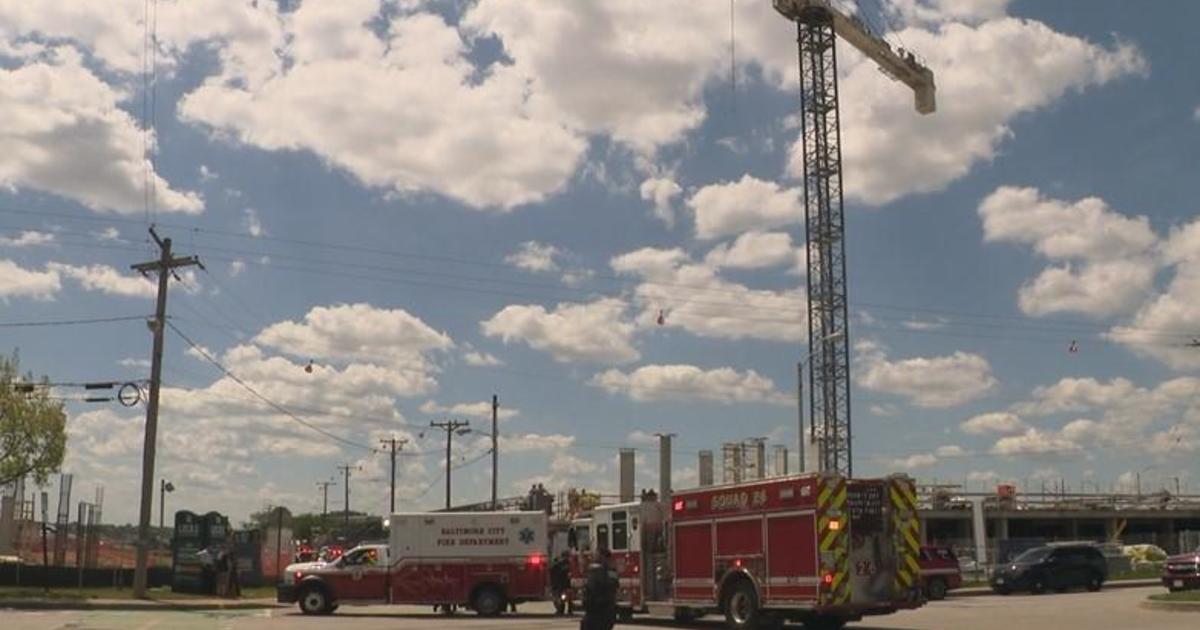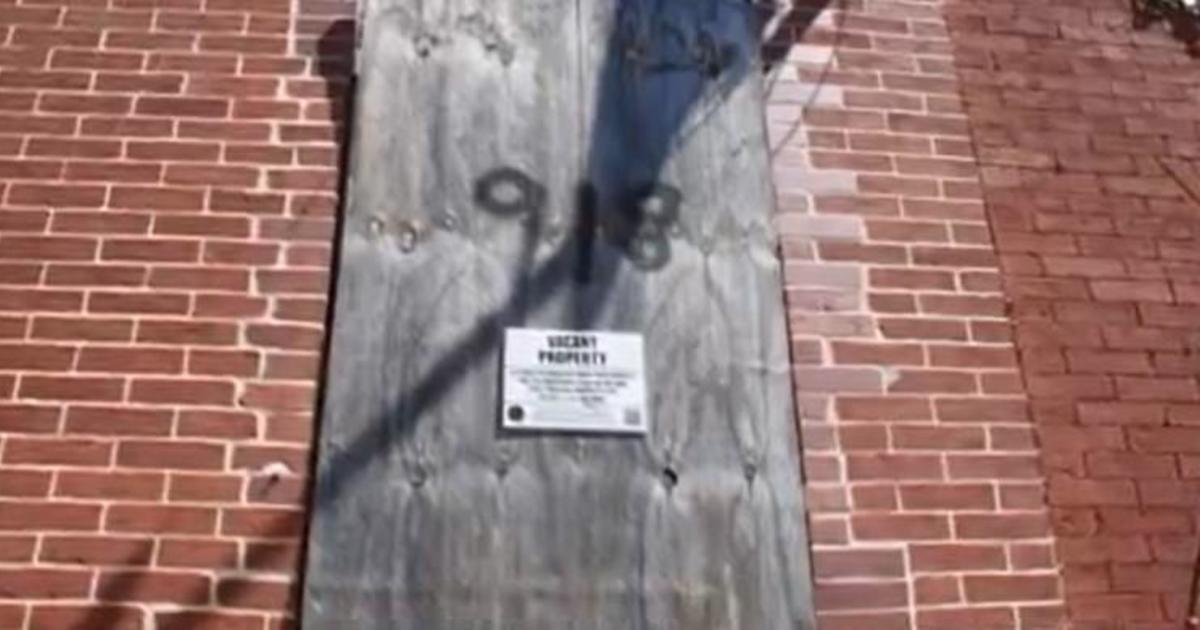Residents meet after air quality study reveals presence of coal dust in Curtis Bay
BALTIMORE -- An air quality study confirmed the presence of coal dust in South Baltimore's Curtis Bay community, according to the Maryland Department of the Environment.
Daily, a dark-colored dust permeates every aspect of life.
A new study proves what neighbors have long suspected, that the dark dust is coal.
The Community of Curtis Bay Association held a meeting Thursday evening to discuss these new findings.
The results show that coal particles were found at eight community sampling locations, including residences, areas near businesses, a church, park, and school, the MDE said.
The question remains: Who will put a stop to this?
The dust is on their homes and in the air they breathe.
"At points of my life, living in Curtis Bay, I've literally, spit up chunks of coal," said David, a Curtis Bay resident.
A recent air quality study confirmed coal dust from the CSX transportation coal export terminal is present all over Curtis Bay.
The year-long study was released by the Community of Curtis Bay Association, South Baltimore Land Trust, Johns Hopkins University, the University of Maryland and the Maryland Department of the Environment.
The study found that coal dust is dispersed throughout the community daily. It blows off of the coal piles at the terminal and off railcars during transport, and then the community is overburdened by the air pollution it causes.
At the meeting, Thursday night, Dr. Chris Heaney, from Johns Hopkins School of Public Health, explained the harmful effects of coal dust pollution.
"Adverse impacts on our respiratory health, on your cardiovascular health - your heart health," Heaney said. "They're related to things like stroke."
"I've got 11-year-olds that both have asthma, and my wife does, and I do," resident Patrick Shaneyfelt added.
Neighbors say they hope the findings of the study will be the evidence they need to shut down the terminal.
That's something they've been pushing for since a build-up of methane gas due to poor ventilation in the terminal caused a major explosion in December 2021.
A representative from the Maryland Department of the Environment says they don't have enough to declare an emergency and force a shutdown.
However, they plan to use this new evidence to put stricter requirements on CSX's operational permit, which is up for renewal.
Still, the community fears they're running out of time.
"They have enough money to realize it's been killing for years," resident Angela Smothers said.
MDE says they'll be back in Curtis Bay in February to hear more public comment. The permit process will be complete in the spring.
The data collected produced three key findings, according to the study:
- Coal dust is present throughout the community
- Coal dust finds its way into the community on a day-to-day basis and is correlated with both activity at the coal terminal and wind direction.
- The Curtis Bay community is overburdened by air pollution, with the community sensor network measuring average particle pollution levels that are higher than at nearby MDE regulatory monitors.
We have reached out to CSX for their response to the study and we're still waiting to hear back.



